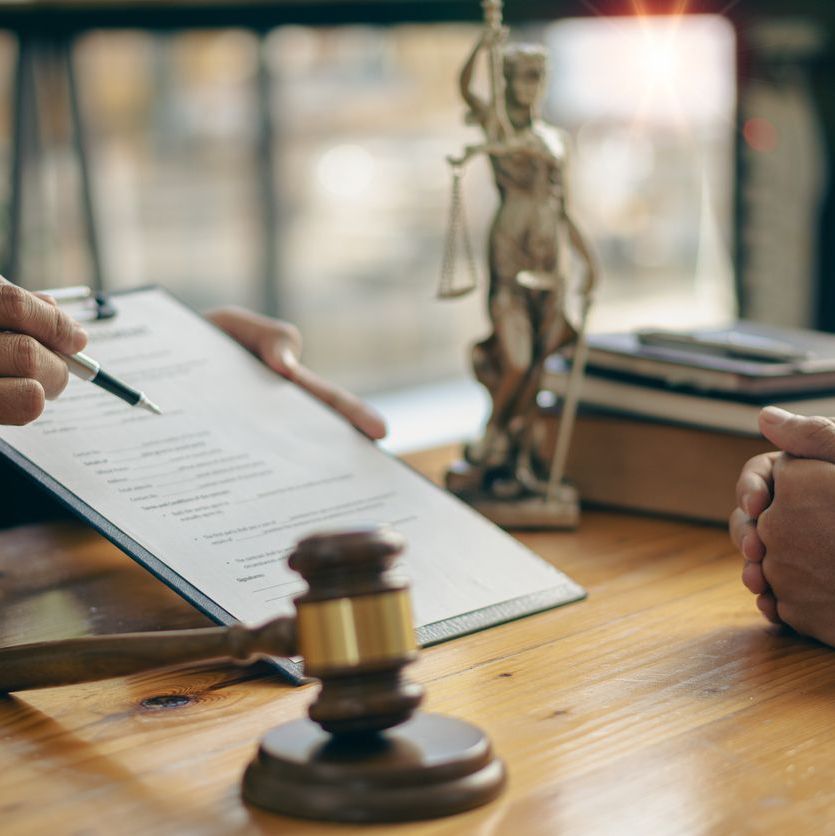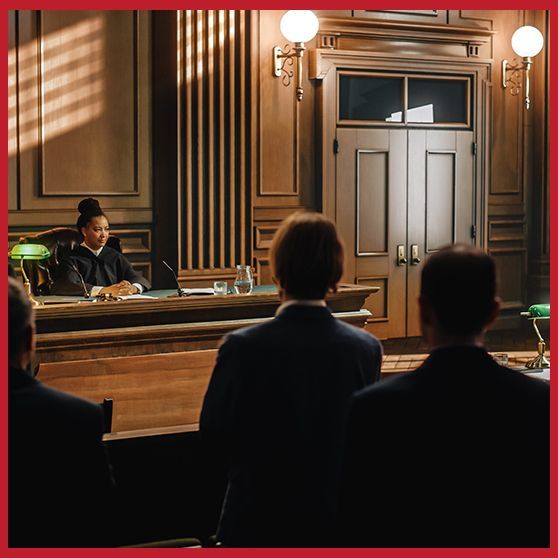Comprehending the Function of a Post-Conviction Lawyer in Looking For Justice After a Criminal Conviction
In the facility landscape of post-conviction legal proceedings, the function of a post-conviction legal representative is pivotal in browsing the path to justice after a criminal conviction - federal habeas corpus north dakota. As the pursuit of justice expands beyond the confines of first process, the role of a post-conviction legal representative arises as a sign of hope for those seeking to correct oppressions and reclaim their legal rights within the legal system.
Post-Conviction Legal representative's Investigative Work
Post-conviction attorneys participate in thorough investigative work to discover new proof, procedural errors, or transgression that might potentially cause rescinding a sentence. This investigatory phase is important in the post-conviction procedure as it intends to recognize any type of forgotten details or legal errors that might have affected the end result of the initial test. Post-conviction lawyers explore case files, witness statements, and lawful documents with a fine-tooth comb, searching for any discrepancies or irregularities that might be premises for allure.
Via complete examination, post-conviction attorneys intend to lose light on prospective oppressions that may have happened during the original test. They might conduct interviews, talk to professionals, and testimonial forensic evidence to build an engaging case for their clients. By scrutinizing every aspect of the legal proceedings, post-conviction attorneys work relentlessly to reveal any type of elements that might have affected the verdict. Eventually, their investigative job plays a crucial role in the search of justice and the possible turnaround of wrongful sentences.
Crafting Appeals and Petitions
In the quest of justice after a sentence, proficient lawyers meticulously craft allures and requests to present compelling debates for the reconsideration of lawful choices. Crafting charms and requests calls for a deep understanding of the lawful system, interest to information, and calculated thinking. Post-conviction attorneys assess test documents, recognize potential mistakes or violations of rights, and develop lawful debates to challenge the conviction or sentence.
When crafting an appeal, legal representatives concentrate on highlighting lawful errors that may have affected the end result of the case. They research instance regulation, laws, and legal criteria to sustain their debates. Applications, on the various other hand, might involve providing brand-new evidence that was not available during the trial or demonstrating changes in the regulation that necessitate a testimonial of the sentence.
In addition, post-conviction legal representatives must stick to strict procedural regulations and target dates when submitting allures and requests. They have to present their arguments plainly and persuasively to encourage the court to provide alleviation to their customers. Through thorough crafting of appeals and requests, post-conviction lawyers make every effort to secure justice for individuals that have been wrongfully convicted or unfairly punished.

Going After Post-Conviction Relief
Post-conviction relief encompasses a range of legal systems developed to test the credibility of a sentence or sentence. Post-conviction legal representatives play an important role in browsing these complicated treatments, making sure that all lawful choices are checked out to remedy oppressions that might have occurred throughout the test or sentencing stage.
One usual kind of post-conviction alleviation is filing a request for post-conviction relief, normally based on cases of inefficient aid of advise, prosecutorial misbehavior, recently uncovered proof, or constitutional infractions. Experienced post-conviction legal representatives have the skills and understanding necessary to determine practical legal insurance claims, conduct investigations, and present compelling arguments to secure alleviation for their clients.
Using Forensic Evidence
When testing a conviction or sentence, the strategic application of forensic evidence can be an effective tool in post-conviction lawful process. Forensic evidence incorporates a vast array of scientific techniques utilized to investigate criminal offenses and develop truths in court. Post-conviction legal representatives can utilize forensic proof to challenge the credibility of convictions by presenting new scientific findings that were not offered during the original trial.

Taking Part In Sentence Alterations
Post-conviction legal representatives might discover the possibility of sentence adjustments as a legal opportunity to deal with out of proportion or unjustified sentences passed on in criminal situations. Sentence alterations include seeking modifications to the terms of an go to my blog offender's sentence after a sentence has actually happened. These modifications can include reducing the size of a sentence, altering the sort of penalty enforced, or exploring alternative sentencing alternatives.
Post-conviction legal representatives can pursue sentence modifications with numerous lawful devices, such as filing activities for sentence decrease, appealing for compassionate release, or negotiating plea deals for lowered sentences. They have to thoroughly evaluate the scenarios of the instance, examine the lawful premises for looking for an alteration, and existing engaging disagreements to the court sustaining the requirement for a modified sentence.
Taking part in sentence modifications requires a thorough understanding of criminal law, punishing standards, and the particular treatments entailed in seeking post-conviction relief. Post-conviction legal representatives play an important role in supporting for reasonable and simply end results by challenging sentences that are unduly extreme or do not align with the concepts of justice.
Final Thought
Finally, the role of a post-conviction attorney is critical in looking for justice after a criminal conviction. Via investigative job, crafting allures and petitions, seeking post-conviction alleviation, making use of forensic evidence, and taking part in sentence alterations, these legal experts play a crucial role in supporting for their clients and making sure that their legal rights are maintained within the criminal justice system. Their commitment and expertise are important in navigating the intricacies of post-conviction procedures and achieving a reasonable result for individuals encountering criminal convictions.